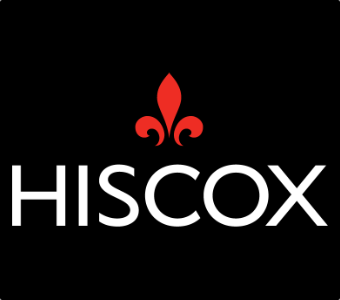Start-up hedge fund backed reinsurance companies are very unlikely to get an ‘A’ rating due to the constraints applied to new companies and the additional unique asset-side risk and potential for pricing risk, said Fitch Ratings.
The hedge fund reinsurer business model adds risk to that already present in a start-up reinsurer, said Fitch. In addition to the typical operational and corporate governance issues a company can has as it launches and grows, the additional risks mean it would be unlikely to see a high rating until a track record was established.
However, even with a track record an ‘A’ rating is not guaranteed, said Fitch.
Even with a sufficient track record, hedge fund reinsurers would be less likely to achieve an ‘A’ category rating than traditional reinsurers because of their risk exposures. Most reinsurers take on very little asset risk, but hedge fund reinsurers aim to use stable premium flows to support high risk-adjusted returns on their investments and are therefore exposed to both asset and underwriting risk.
The investment strategy also adds risk that a hedge fund reinsurer may try to use its investment returns to lower its prices on underwriting, thus adding a risk of not meeting technical levels. At the same time a big drop in asset values could then deplete the reinsurers capital base, leaving it with underpriced business and a lack of assets to pay expected claims.
“A big fall in asset values could deplete a hedge fund reinsurers’ capital, putting potential strain on the company if it coincided with unusually high claims payouts. To balance this, hedge fund reinsurers could take on less risk on the liability side, though this is not always the case,” Brian Schneider at Fitch explained in a release.
However, this won’t stop hedge fund managers and other asset managers from seeking to get into reinsurance or partnering with others in the space to come up with new business models. The addition of more ‘juice’ on the investment side is something we expect to see an increasing amount of in the reinsurance space and achieving the high ratings will be looked on as a long-term goal, with owners of these vehicles realistic about the fact that this could take time.
With reports of new structures emerging, such as the internal reinsurance captive being developed by an insurer with an asset manager assisting to boost returns of that business, it looks like the hedge fund reinsurer strategy is set to become firmly embedded in the industry as a way to add to waning returns in a soft market.
 View all of our Artemis Live video interviews and subscribe to our podcast.
View all of our Artemis Live video interviews and subscribe to our podcast.
All of our Artemis Live insurance-linked securities (ILS), catastrophe bonds and reinsurance video content and video interviews can be accessed online.
Our Artemis Live podcast can be subscribed to using the typical podcast services providers, including Apple, Google, Spotify and more.






























